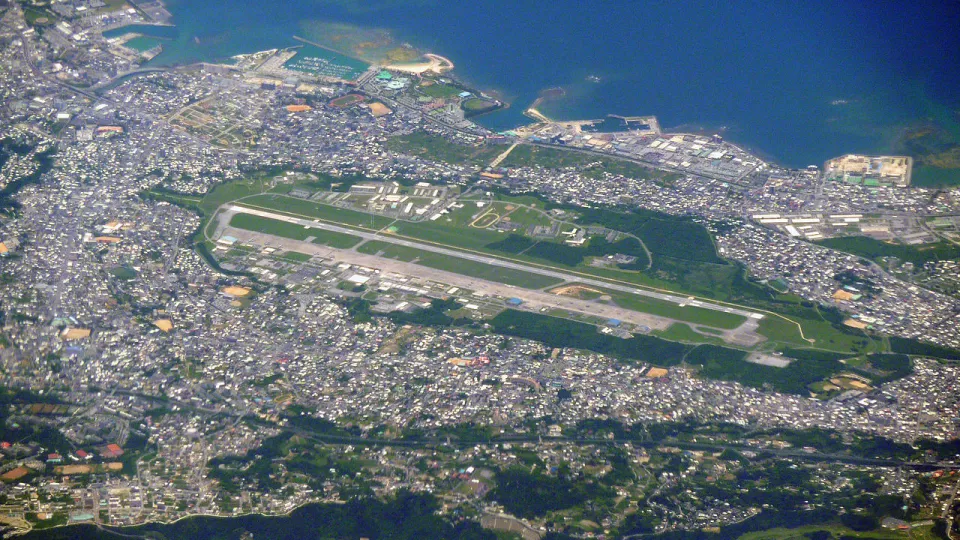The US-Japan alliance established over seventy years ago is typically described by leaders on both sides as the ‘cornerstone of peace and security in East Asia.’ While China and North Korea may not share this positive view of the impact of the alliance on the region, the fact is that few alliances in modern international relations rival the US-Japan one in terms of durability, integration and influence. Under the terms of the US-Japan Security Treaty, the US pledges to defend Japan and in return Japan hosts a number of US military bases. The bulk of the US military bases are to be found some 1,500 kilometres southwest of Tokyo on Okinawa Island. Okinawa is not just remote from Tokyo, but importantly it is close to China – and even closer to Taiwan. This policy brief examines the deterrent role of one of these bases - the US Marines at Futenma - and asks, is their location essential to deterrence or is it is simply a case of political expediency? The policy brief can be found here.
*"Aerial view of Marine Corps Air Station Futenma" by Sonata is licensed under Creative Commons Attribution-Share Alike 3.0 Unported license


